“It was more for me than anyone else—what a surprise”

Have you ever considered that writing about your life might be as much a gift for yourself as for your family?
Last week I met with a client with whom I have worked for almost two years. She first came to me having endeavored to write her life story. After writing a few short chapters, she was having difficulty staying on track and writing in a way she hoped would be engaging for her grandchildren. I worked first as her memoir coach, then as her editor, and now we have seen her stories all the way through production—on that day last week, we were reviewing the final draft of her beautifully designed book one last time before sending it off to be printed.
The previous time we met, to go over her first draft proof, my client expressed doubts. She was feeling ambivalent about having told her story at all. Would her grandchildren ever care? Would her grown sons even want to read it? What if she offended someone? Was the effort narcissistic?
That wasn’t the first time I had heard her express reluctance around the telling of her stories. As her memoir coach I did more than provide writing assignments and feedback; I was also a sounding board for how she should frame her stories, yes, but also for the reservations that cropped up during the process. And you know what? I had been there before. So many of my clients experience this rollercoaster of emotions around writing their life.
Each time this client and I had a talk about the value—or perceived lack of value—around writing her stories, we would circle back to her initial goals: wanting to tell the stories of her life both to create a legacy around her parents’ fortitude and resilience during the Holocaust years and beyond (to honor her ancestors), and to provide touchstones for her grandchildren, who might one day find wisdom in her own lived experience (a gift to her descendants). She always resumed her writing with renewed vigor. She had tapped into both the gravity and the joy of writing about one’s life.
During this particular meeting, though, my client became aware of something I had known all along: That examining and writing about her life was as much a gift to herself as to her family. She smiled at me and grasped my hand across the table: “Do you know what?” she whispered. “All of this, it was more for me than anyone else.” I sat quietly, smiling at her revelation. “What a surprise that was for me!” she added.
And here’s the thing: I can repeat this over and over when talking to a prospective client; I can write about it till the cows come home, as they say. But no one really gets it (or believes me) when I tell them that writing about their life is a gift they can give to themselves. That it is healing. Revelatory. Fulfilling.
So together we focus on the other why’s—honoring those who came before, and sharing with those who come after. We create legacy and family history and write FOR our loved ones.
And then, almost always, a surprise…that the process was worthwhile even if it was just for THEM.
Related reading
My biased opinion: Working with a professional biographer can be one of the most meaningful investments you’ll ever make. Here are a few reasons why.
Are you nervous about undertaking a life story project? Working with a personal historian or memoir coach can help alleviate many of the most common fears.
“I wish I knew why Mom moved to New York when she was just 16.” “I wish Papa told me how he makes his Sunday sauce.” Don’t wish for stories; ask for them.
Walking down memory lane can be fun, but writing about your life has big benefits beyond that, including making meaning out of your lived experience.
It’s important to me to stress some sense of urgency about writing about your life—but I don’t think you’ll have regrets if you don’t write about it ALL.
Boxes of old letters, family photos, and mementos from a generation ago can feel like a burden if they’re passed down without context. What to do with them.
You may think you are writing about your life for your family—to honor your ancestors, to give a gift to your descendants. But the truth is deeper. You’ll see.
When Mother’s Day is hard due to feelings of loss, allowing ourselves to linger in our memories may help (and, yes, hurt). A tribute made in grief, and love.
After we record your personal history interviews, I craft your story and photos into an heirloom coffee table book—not a video, not an audio file. Here’s why.
If writing your memoir means enough to you to put it on a bucket list, please read this—I’ll help you easily move it from future project to present-day endeavor.
Your legacy is more than the assets you leave behind—much more. Here, three ways to leave a personal legacy that has a positive impact on your loved ones.
Ignore those naysayers who warn that you must be passed middle age to begin writing your life stories: Start your memoir now, no matter how old you are.
It’s a common but wrong assumption—that telling one's own stories is “narcissistic” or “self-centered.” Truly, preserving your legacy is an act of generosity.
Recording loved ones' stories is important to most Americans, and yet not even half of us have done so. Here, resources to make memory-keeping easier.
Our memories are anything but fixed—and when stories are passed down to a new generation, their malleability, their meaning, and their impact change, too.
Family stories have enduring value. Some you share now may not be relevant enough for your kids to care. But one day they will see themselves in your stories.
Ever wonder what it might be like to work together on your OWN heirloom book project? Listen to past clients' feedback—and words of thanks!—to get inspired.
Writing about your life can be hard—but it’s still worth the effort. (Oh, and you’re wrong that your family members don’t care about your personal history).
Understanding the basics of how our brains encode memory can help us both remember the things we want in the future & retrieve precious memories from our past.
Dear Tim Ferriss: Have you interviewed your parents yet? It is with a healthy dose of humility & a shot-in-the-dark effort that I say to you: Do it now—please.
Is your life too boring to tell people about? Do you think it's self-centered to write a memoir? Or that your kids don't care about your stories? Think again.
It seems obvious: We should ask our parents about their lives—lessons, loves, adventures, ancestors. Then why do so many of us wait too long and then have regrets?
Did you know that listening to and sharing stories can help us live longer, happier lives? Discover three impactful ways to bring storytelling into your life.
I hope you'll take comfort in these personal stories of vulnerability and loss during the holidays. (Sharing memories about loved ones is always a good thing.)
Preserve your parents’ (and grandparents’) stories meaningfully for the next generation with these three ideas that make the process simple and enjoyable.
Sometimes the idea of telling our "life story" is overwhelming. If we think of memoir as a series of smaller life narratives, though, the way in becomes clear.
The Wall Street Journal reports that a growing number of adult children are interested in hearing more of their parents' stories. Are you among them?
A brave group of Jews secretly chronicled their daily existence in the Warsaw Ghetto during the Holocaust. Only one who knew where the archive was buried survived.
Ever tried to talk about your childhood with your grown kids only to be met with a lack of interest? They might not care now, but they will one day—I promise.

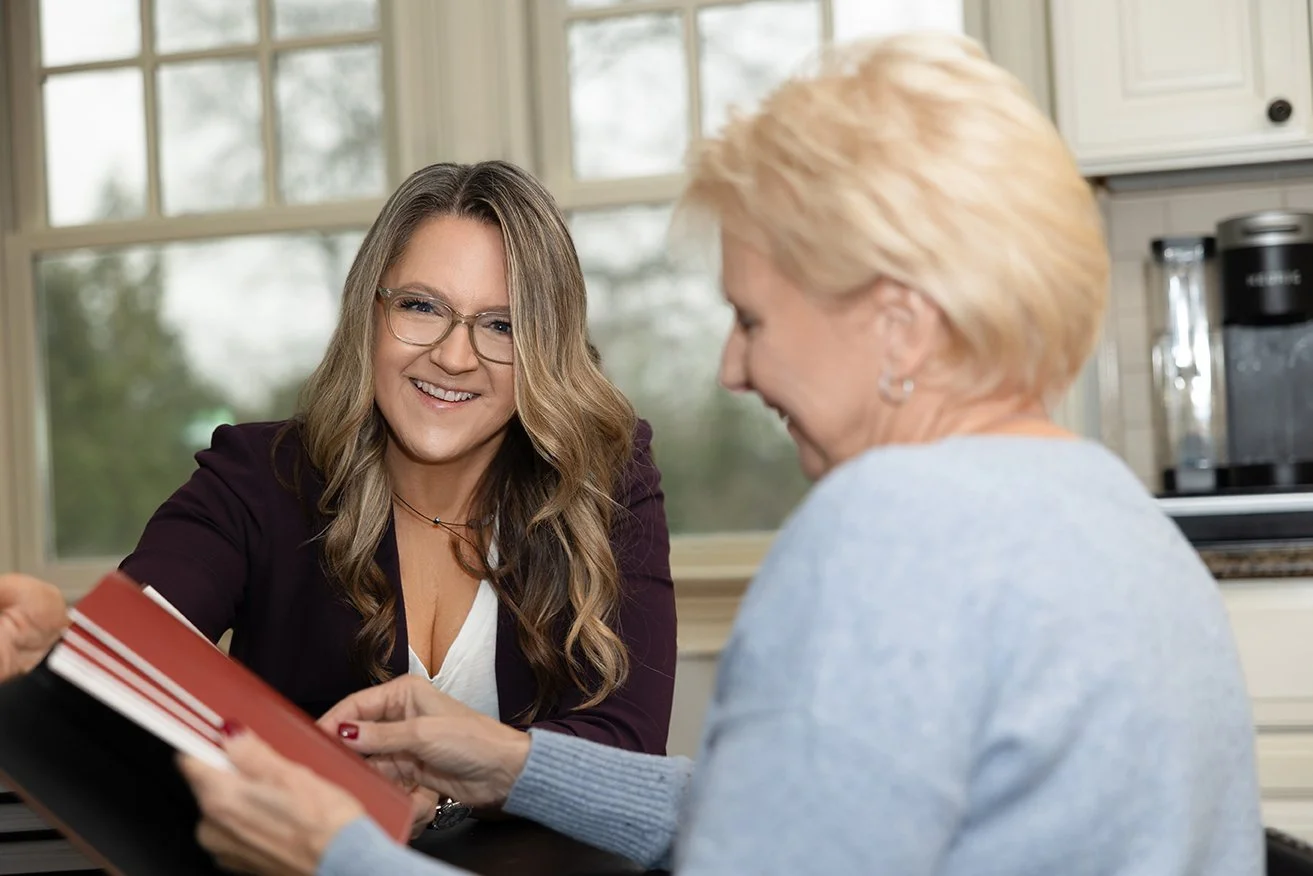
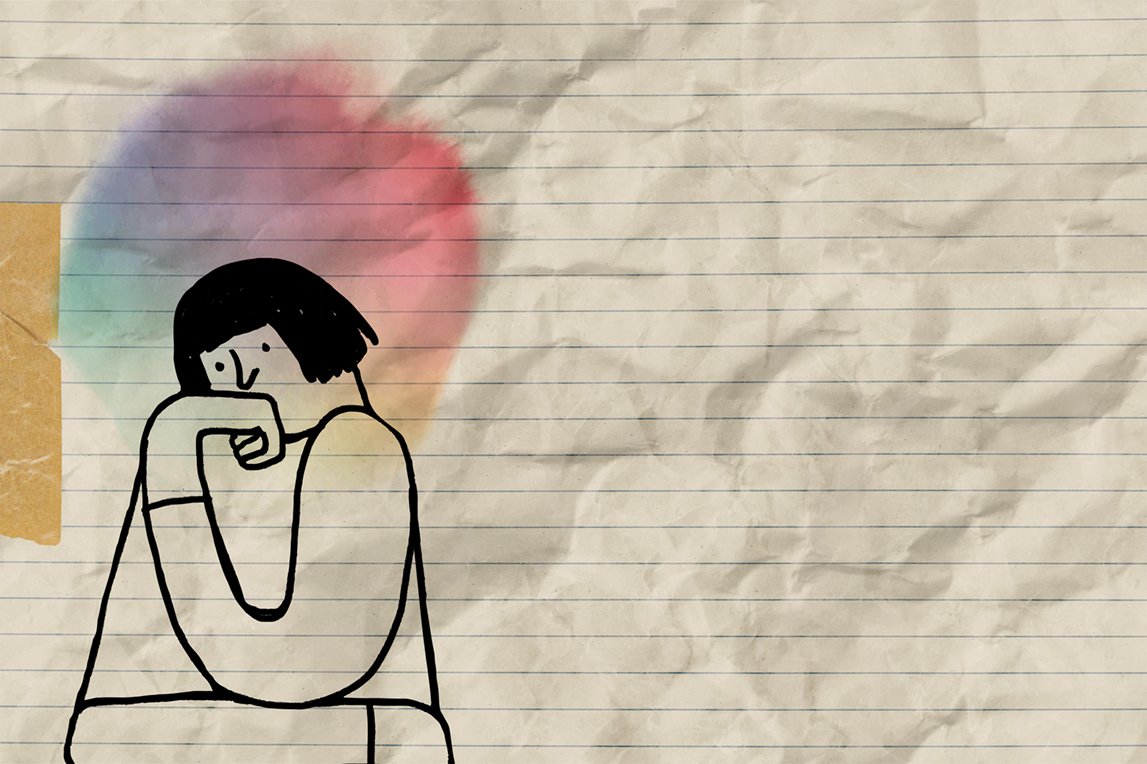





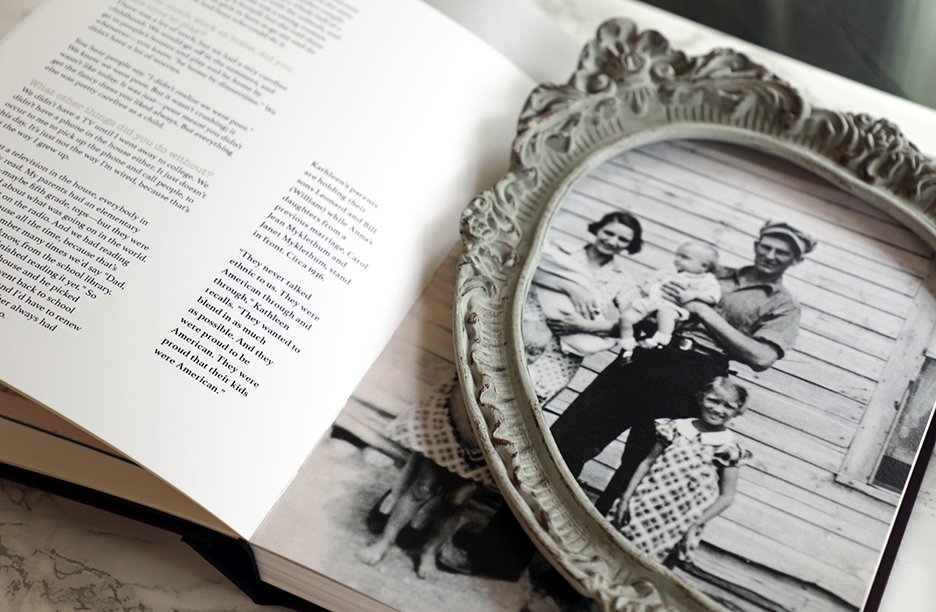




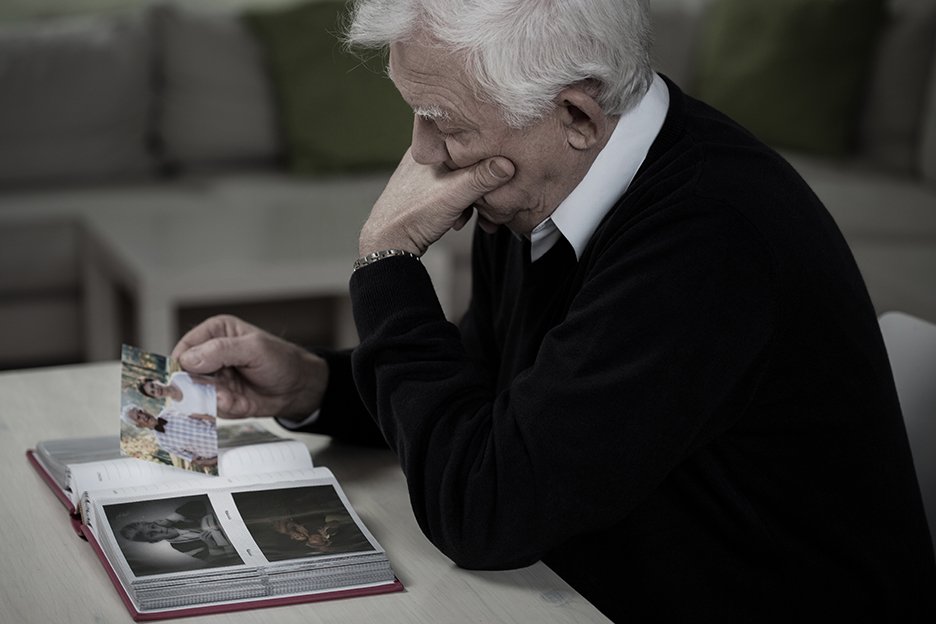
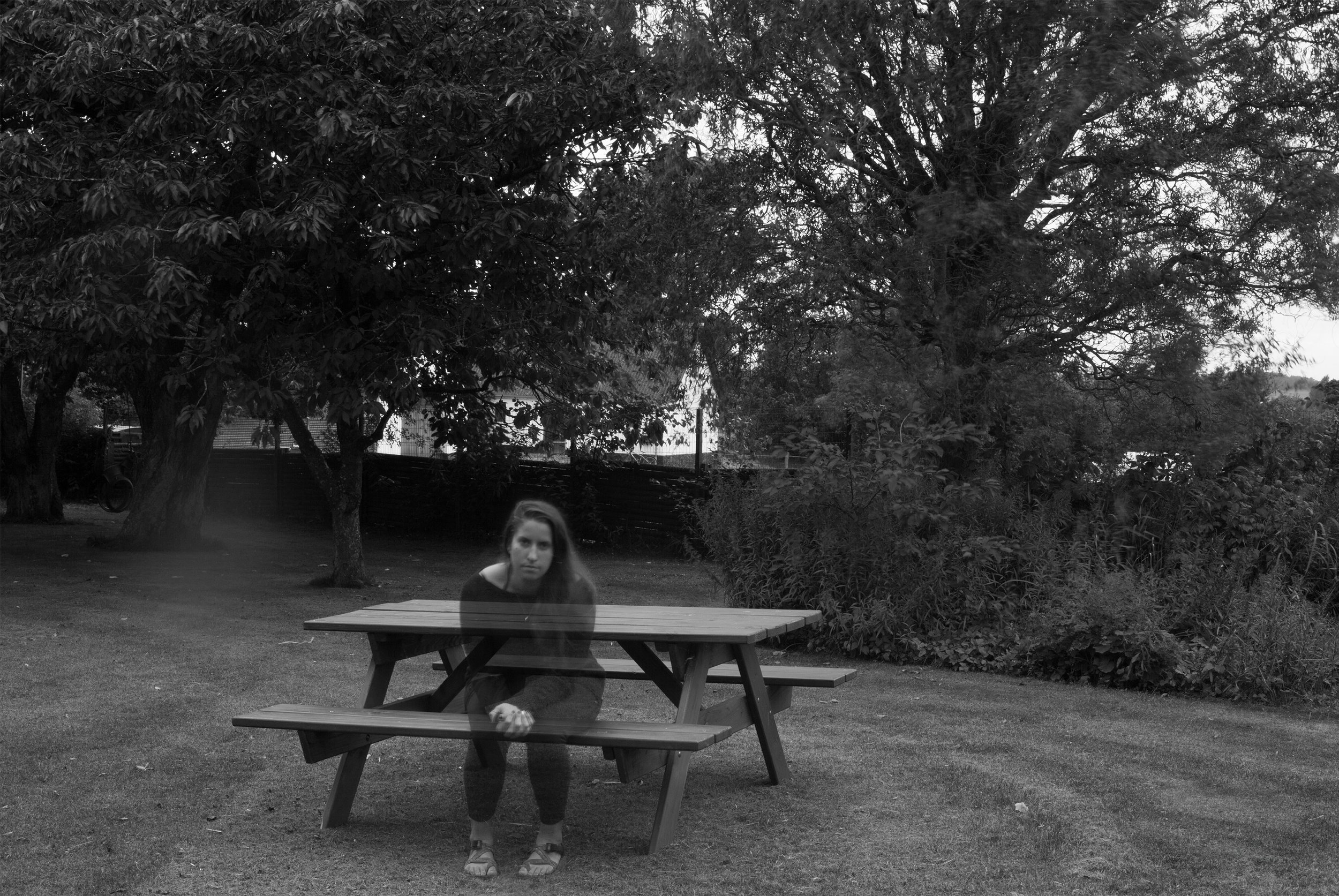




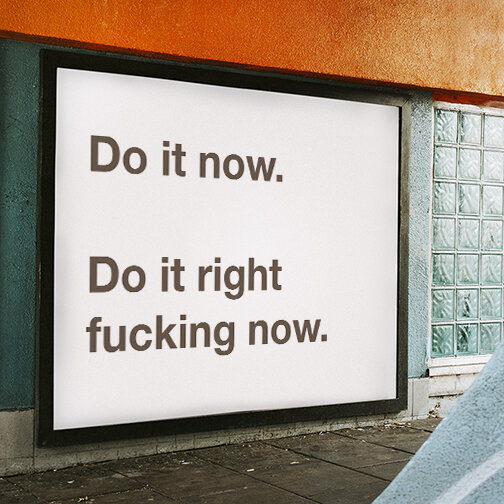







The three most common excuses I hear for not writing about your life “yet,” and how—and why—to overcome them. It’s not too soon for your memoir, I promise.